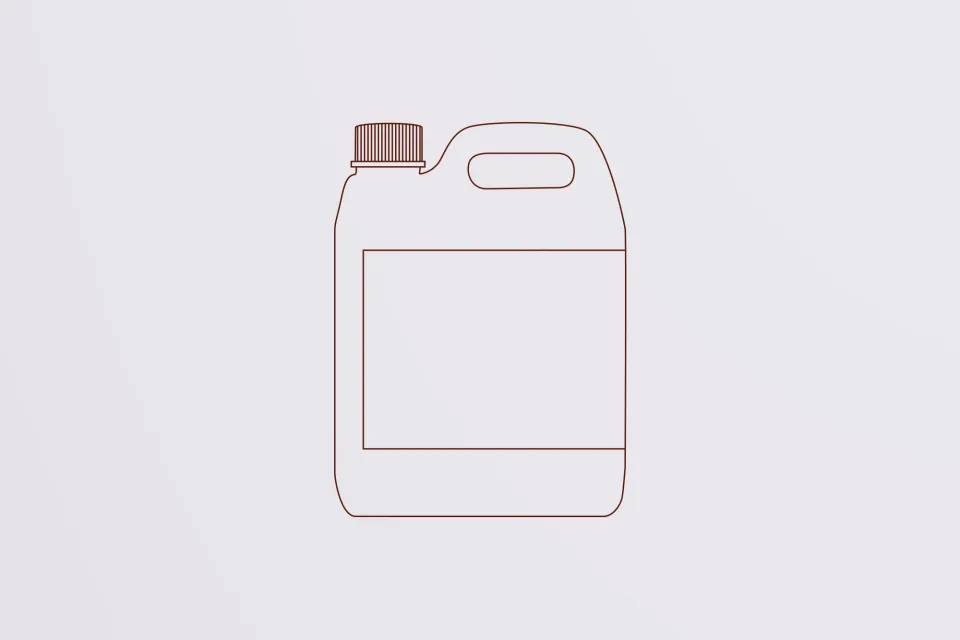-
About
-
Products
- By Timber Product
- Cladding
- Decking
- Screening
- Panelling
- View all
- By Application
- Exterior Cladding / Siding
- Exterior Rain Screen
- Interior Walls & Ceilings
- Soffits
- Screening, Fins & Battens
- Windows, Doors & Joinery
- Posts & Beams
- Accessories
- Coatings
- Fixings
- Samples
-
Resources
- Projects
- Contact
Semi Transparent Exterior Wood Finishes: What to Use
Transparent or semi transparent exterior wood coatings are a tricky business. Common questions we hear at Abodo are: “What sort of exterior wood oil should I use for my deck?” or “What sort of stain is best for my exterior wood cladding?”.
Often home owners are upset as they have problems with cracking, blistering and failure of coatings. As a general rule there are three types of semi transparent wood coatings:
Penetrating Wood Oil
A penetrating wood oil is generally mineral oil or plant oil based, and contains a earth pigment. The oil base penetrates into the wood while the pigment sits on the surface of the wood, providing UV protection, and colour to the wood. Penetrating wood oils provide a beautiful natural wood finish, however regular re-application will be required – every 6 – 24 months. We recommend penetrating wood oils for decking, weatherboards and exterior cladding. Try to avoid mineral oil based exterior wood oils, as untreated or mildly treated mineral oils have been identified as a type 1 carcinogen.
Our suggestion: Abodo Protector – a plant based formulation.
Wood Stain
A wood stain consists of a colorant suspended or dissolved in an agent or solvent. The suspension agent is typically water, alcohol, petroleum distillate.
Stained finishes generally do not penetrate the pores of the wood to any significant degree and will disappear when the colour starts to fade and finish itself breaks down. Stain finishes are typically heavier pigmented that a penetrating wood oil – so you won’t be able to see the wood grain as well.
We recommend stains for cladding and weatherboards, where a heavy pigment is desired. Re-application will be required every 2-4 years.
Our suggestion: Resene Woodsman – a water based formula with Environmental Choice certification
Film Forming Coatings
Film forming coatings create a pigmented film on the surface of the wood – generally using acrylic resins or similar technology. The film provides protection to the wood, and provides excellent short to medium term protection to the wood.
The coating must be maintained, which means an annual check. In areas of wear or failure an additional coat is required.
Failure to maintain a film forming will result in stripping the wood, and re-coating. For this reason we generally do not recommend film forming coatings for decking, weatherboards or cladding. In some cases film forming coatings may suit semi-protected applications like entrance doors and window joinery.
Our suggestion: Intergrain – a durable film forming coating.

